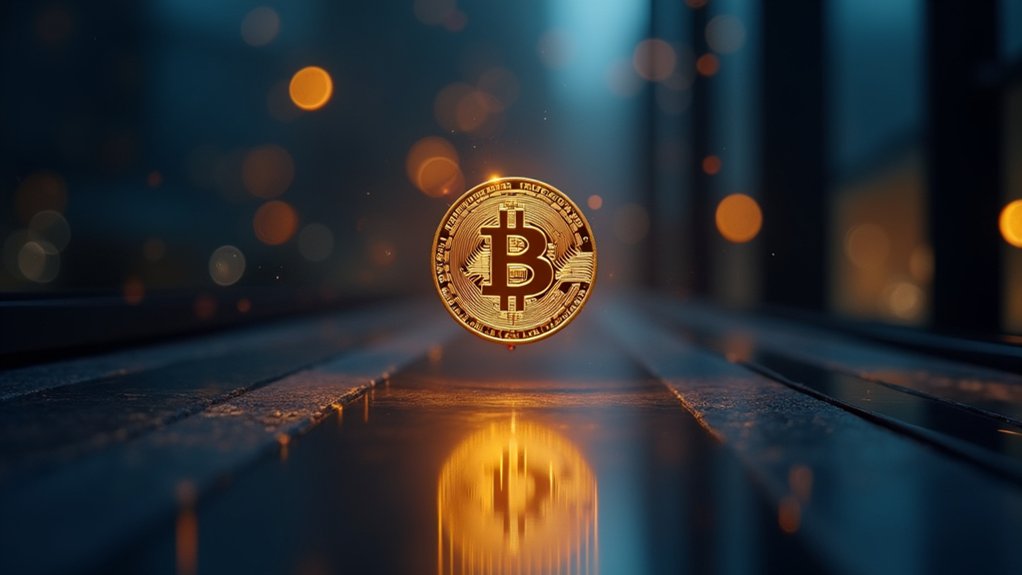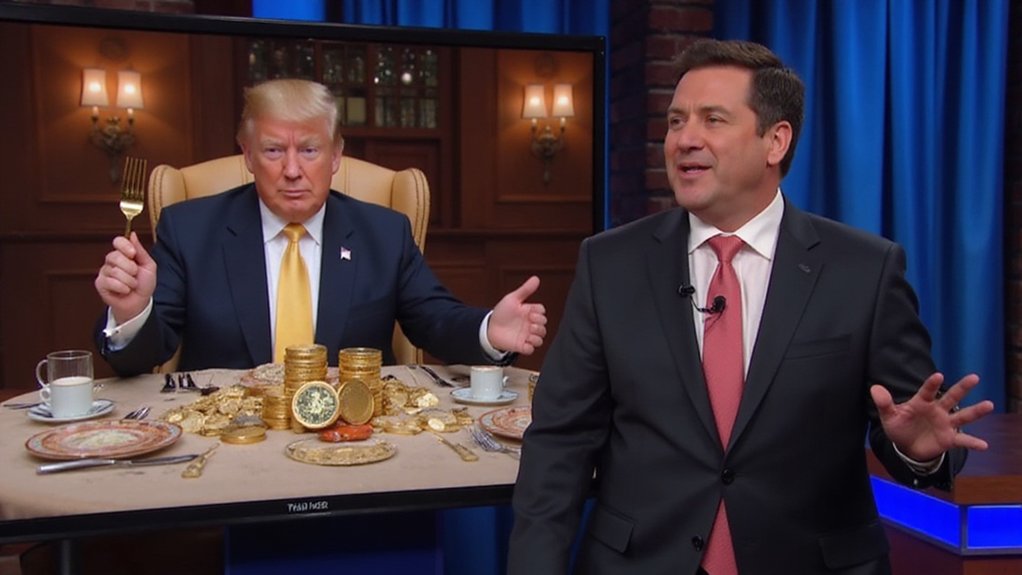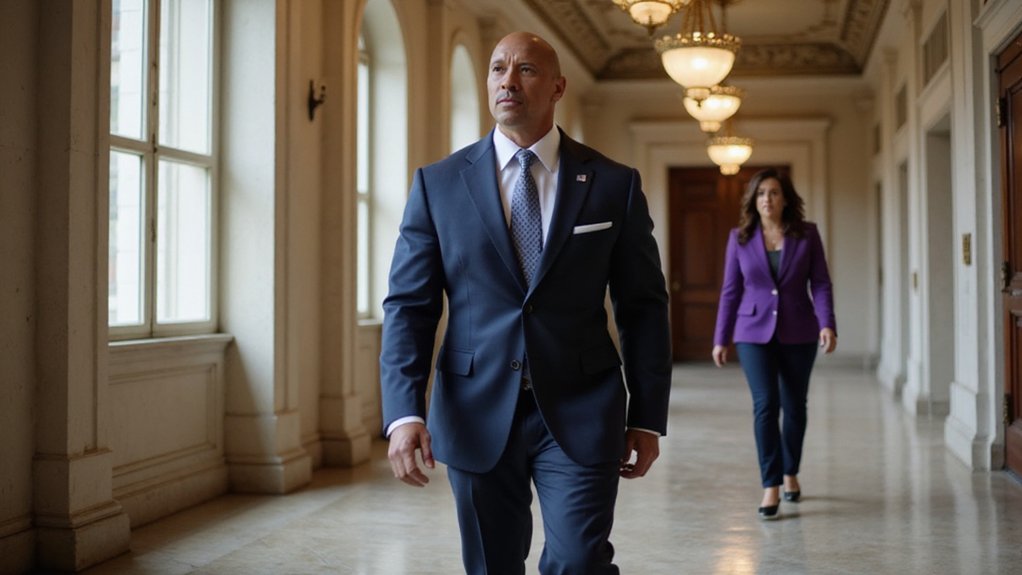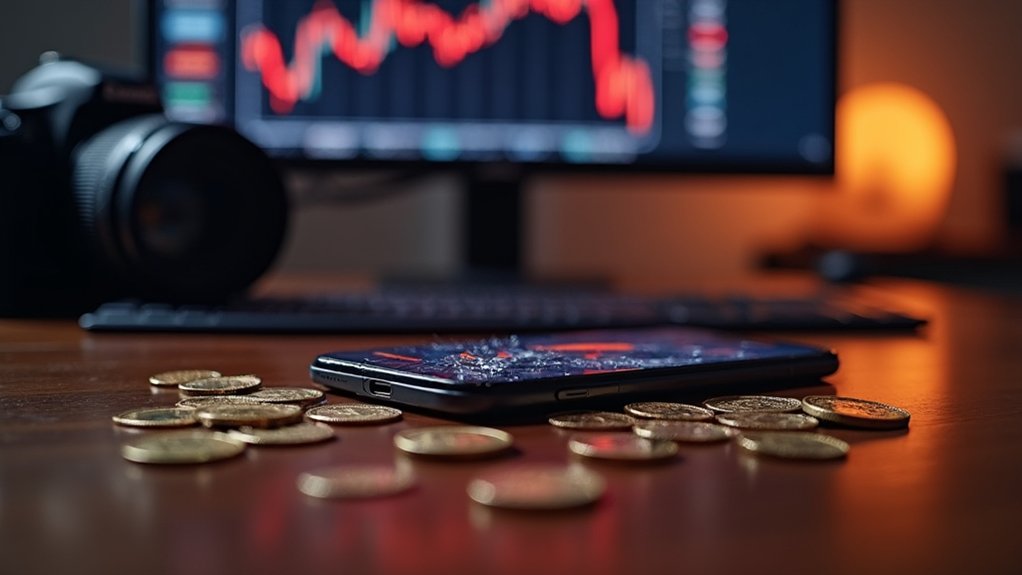While most presidential families have traditionally waited until after leaving office to monetize their political brand, the Trump family characteristically opted for a more ambitious approach—launching World Liberty Financial (WLF), a decentralized finance protocol that transforms the very concept of political capital into actual capital.
The venture, helmed by Donald Trump as “Co-Founder Emeritus” alongside his three sons as active co-founders, introduced the $WLFI token in October 2024. What began as a modest $2.7 million raise by month’s end transformed into something far more extraordinary following Trump’s electoral victory—a $30 billion valuation on major exchanges by 2025 that would make even seasoned crypto veterans pause mid-trade.
The Trump family’s 25% stake reportedly generated $6 billion in paper wealth during the initial trading surge, though cryptocurrency’s notorious volatility means such figures exist in a perpetual state of flux. Trading volume reached $1 billion within the first hour as tokens traded between 24 and 30 cents on Binance. Zach Witkoff, son of Trump’s Middle East envoy, serves as CEO, creating an organizational chart that resembles a political dynasty’s family tree more than a traditional corporate structure.
Perhaps most intriguing are the venture’s high-profile investors, whose timing raises eyebrows among regulatory observers. Chinese billionaire Justin Sun’s $30 million investment coincided rather conveniently with the SEC dropping its investigation into his activities—a sequence of events that surely represents mere coincidence.
An Abu Dhabi government-linked firm subsequently purchased $2 billion in tokens, adding geopolitical complexity to what the company insists remains “non-political.” The Trump business entity maintains 60 percent ownership of World Liberty while securing entitlement to 75 percent of revenue from all coin sales. Whale wallet accumulation patterns suggest institutional investors continue monitoring the token’s trajectory closely, indicating potential future price movements.
The ethical implications prove as volatile as the token prices themselves. Critics highlight unprecedented conflicts of interest when private crypto ventures intersect with presidential authority, particularly given suspicions that investors might seek political influence through financial backing.
The White House Press Secretary‘s denials of impropriety do little to quell concerns about blurred boundaries between governance and profit-seeking.
World Liberty’s roadmap includes USD1, a dollar-pegged stablecoin backed by treasuries, scheduled for March 2025 launch. Whether this ambitious timeline survives the regulatory scrutiny that inevitably accompanies presidential family business ventures remains an open question—one that $30 billion in market capitalization suggests investors are willing to bet on, regardless of traditional ethical guardrails.









